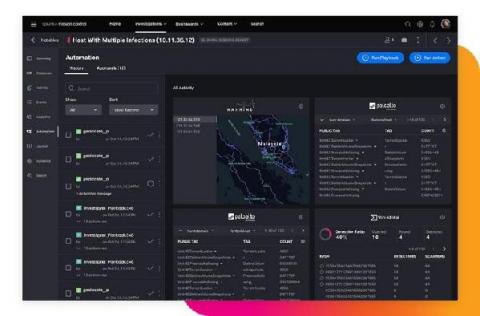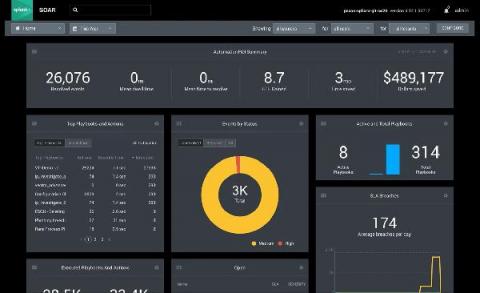Why You Need Real-Time for Faster MTTR
“If you ain't first, you're last.” While that famous one-liner from Ricky Bobby (Will Ferrell) in the cult hit Talladega Nights is more joke than catchphrase, it hits home for those of us in the world of DevOps and Observability. Faster is better. And in our technology-driven world of online transactions and complex environments, faster isn’t just better — it’s crucial.




